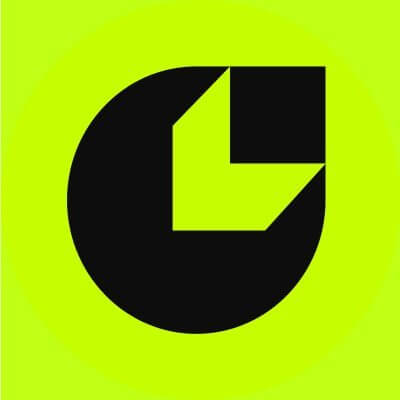Nov 1, 2025
The blockchain and cryptocurrency industry continues to evolve rapidly in 2025, with employers seeking both technical expertise and adaptability. Here's your comprehensive guide to standing out in your crypto job interview.
Core Technical Competencies
Blockchain Fundamentals
Private vs. Public Blockchains
Consensus mechanisms and their trade-offs
Network architecture and scalability solutions
Cross-chain communication protocols
Cryptographic Principles
Public-key cryptography
Hash functions and digital signatures
Zero-knowledge proofs
Smart Contract Development
Solidity best practices
Gas optimization techniques
Security vulnerabilities and prevention
Testing and deployment strategies
Web3 Stack
Web3.js/ethers.js integration
Wallet connectivity
IPFS and decentralized storage
Frontend frameworks (React, Next.js with Web3)
Most Common Technical Interview Questions
Blockchain Basics
"Explain the difference between PoW and PoS"
"How does a Merkle tree optimize blockchain verification?"
"What are the trade-offs between Layer 1 and Layer 2 solutions?"
Smart Contract Development
"How would you prevent reentrancy attacks?"
"Explain the concept of gas optimization"
"What are the best practices for upgrading smart contracts?"
DeFi Knowledge
"How do automated market makers work?"
"Explain impermanent loss in liquidity pools"
"What are the risks in flash loan implementations?"
Practical Interview Tips
-> Before the Interview
Build a Portfolio
Create sample DApps
Contribute to open-source projects
Document your work on GitHub
Technical Preparation
Set up a local blockchain environment
Practice coding challenges
Review gas optimization techniques
Industry Knowledge
Follow major protocol updates
Understand recent security incidents
Stay informed about regulatory changes
-> During the Interview
✅ Do's | 🚫 Don'ts |
|---|---|
Explain technical concepts clearly | Don't memorize without understanding |
Show problem-solving methodology | Avoid speculation about token prices |
Reference real-world blockchain applications | Don't oversell your expertise |
Ask thoughtful questions about their technology stack | Never skip security considerations |
Role-Specific Preparation
👩🏽💻 For Developers
Master smart contract development
Understand testing frameworks
Know security best practices
Be familiar with auditing tools
🧑🎓 For Product Managers
Understand user experience in Web3
Know tokenomics principles
Grasp technical limitations
Have clear product metrics
👮 For Security Roles
Know common vulnerabilities
Understand audit processes
Be familiar with security tools
Keep up with exploit patterns
Interview Process Tips
Technical Assessment
Practice coding on platforms like CryptoZombies
Review common smart contract patterns
Prepare for live coding sessions
System Design
Design scalable blockchain solutions
Consider gas efficiency
Plan for upgradability
Behavioral Questions
Prepare examples of problem-solving
Show adaptability to rapid changes
Demonstrate team collaboration
Continuous Learning Resources
Follow blockchain developers on GitHub
Join technical Discord communities
Participate in hackathons
Take advanced Web3 courses
Post-Interview Follow-up
Send a thank-you note with technical insights
Share additional project examples
Connect on professional networks
Follow up on technical discussions
Remember: The crypto industry values both deep technical knowledge and the ability to learn quickly. Focus on demonstrating both your current expertise and your capacity for growth.




